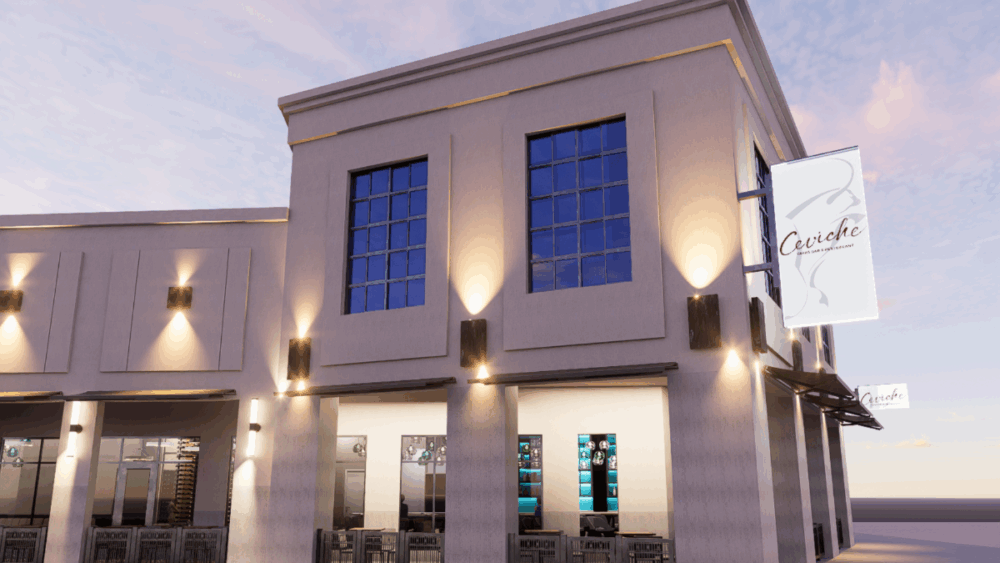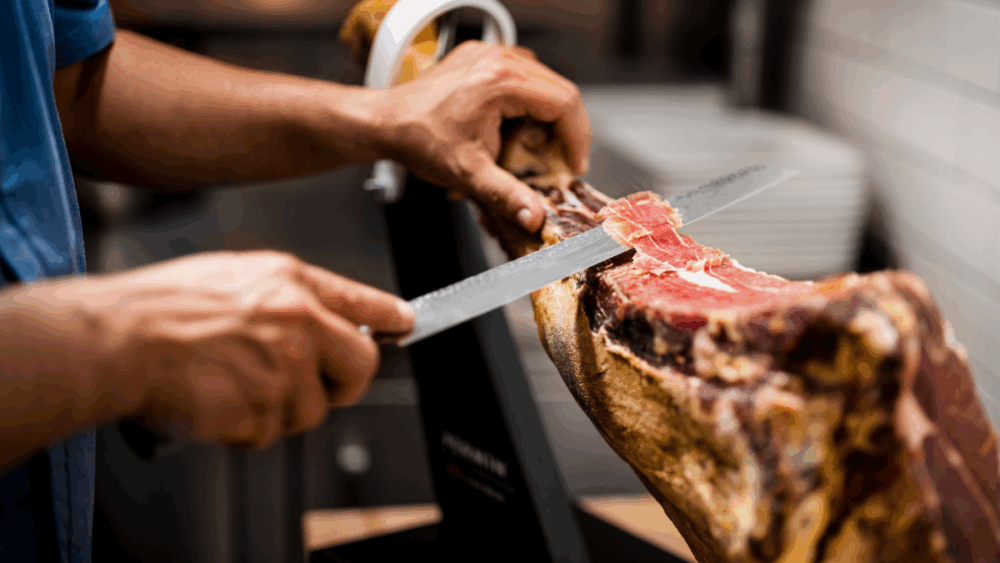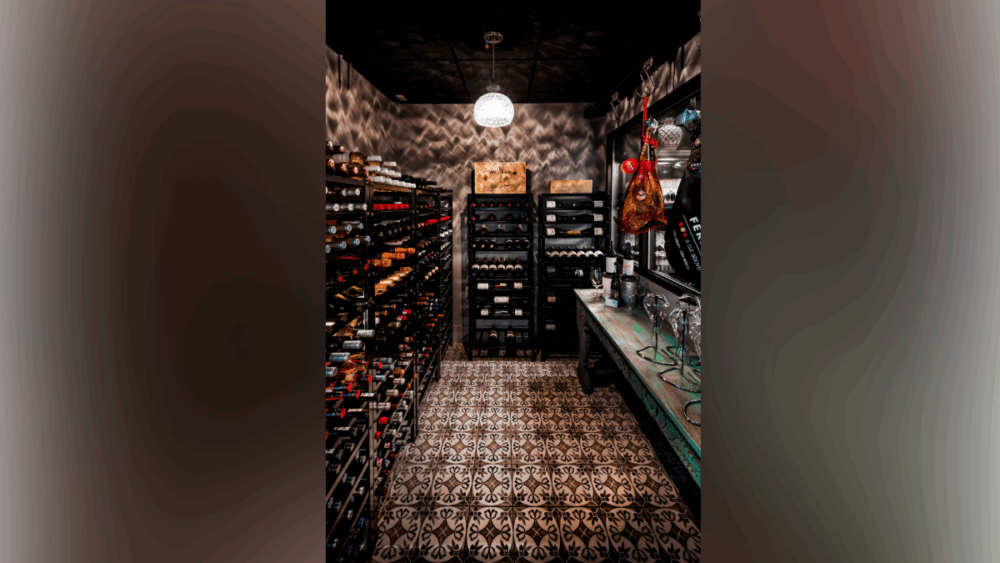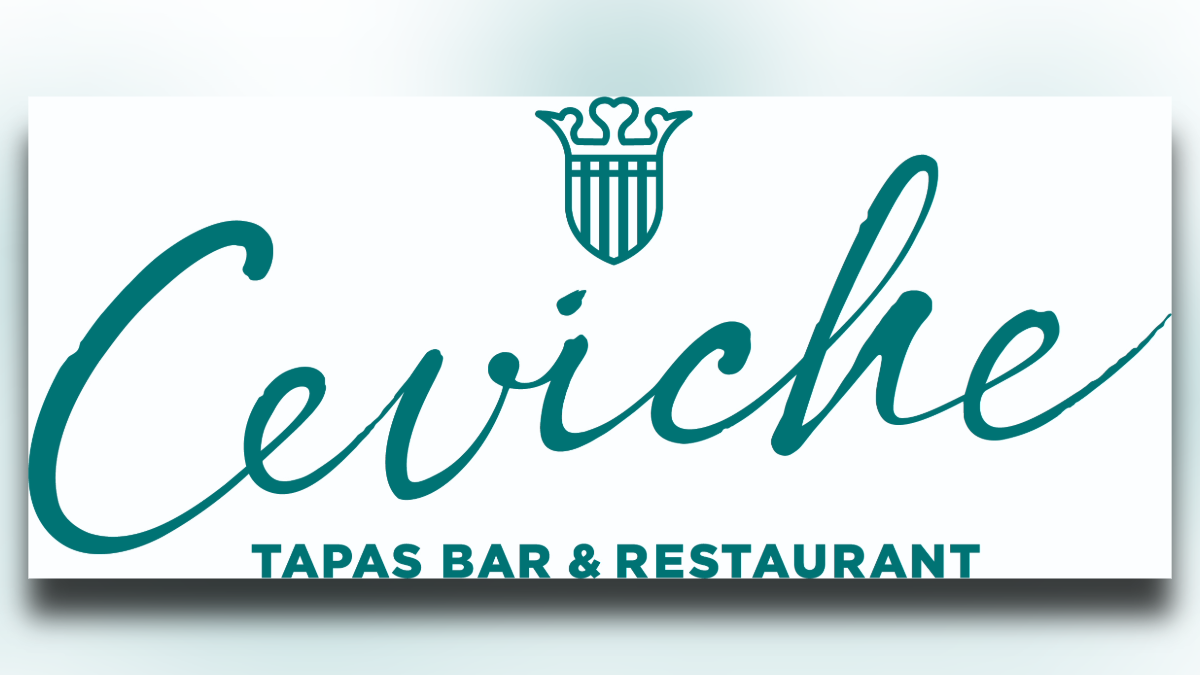When Ceviche Tapas Bar & Restaurant closed its South Tampa location eight years ago, it marked the end of a beloved neighborhood gathering spot where people got engaged, celebrated milestones and lingered long after dessert.
Now, Ceviche is coming back, and not quietly. The Spanish restaurant is set to open next summer at International Plaza, powered by a vision that blends foot-traffic strategy, chef collaboration and design innovation.
“In this business, it has to make money,” said Lee Karlins, president of Caledon Concepts, the restaurant group behind Ceviche and Rococo Steak. “You can only go so long if the sales aren’t there. The restaurants in the mall are always busy, and that’s exactly where we need to be.”
Power of place
In Tampa Bay’s dining market, location is both art and science. While downtown corridors have attracted buzz and investment, Karlins believes that high-traffic retail hubs such as International Plaza offer something just as powerful: consistency.
“The restaurants in and around the mall like Capital Grille, Cheesecake Factory, Rocco’s Tacos, they’re the busiest in Tampa,” Karlins said. “You’ve got a captive audience, and people literally walk past your front door all day.”
RELATED: Ceviche to open in Tampa’s International Plaza
It’s a strategy that runs counter to the pre-pandemic playbook, when local restaurateurs often chased emerging neighborhoods or quiet corners for authenticity. Ceviche’s decision reflects a new truth: visibility drives viability.
Karlins isn’t chasing replication; he’s crafting experiences. “We don’t do cookie cutters,” he said. “The space dictates the look.”
 Rendering of Ceviche Tapas Bar & Restaurant’s new location at International Plaza and Bay Street, opening summer 2026.
Rendering of Ceviche Tapas Bar & Restaurant’s new location at International Plaza and Bay Street, opening summer 2026.
At International Plaza, that means 30-foot ceilings, a glass-walled wine room holding 2,000 bottles and an open kitchen where guests can watch authentic Spanish tapas like paella and jamon iberico come to life. About three-quarters of the patio will be covered, giving the restaurant flexibility during Florida’s unpredictable seasons.
The design is not just aesthetic. The new build adds about 50 seats compared with Ceviche’s St. Petersburg location and features a larger kitchen built for faster service and higher volume. A streamlined lunch menu will complement the full tapas lineup, balancing efficiency with authenticity.
Collaborative craftsmanship
Behind that structure is a culture that grew stronger through adversity. During the pandemic, Caledon Concepts’ chefs and managers collaborated across locations to test recipes, refine presentation and redesign menus. “It made us better,” Karlins said. “Now our teams work together naturally, and that’s why both Ceviche and Rococo perform at a high level.”
That collaboration extends to Rococo Steak’s executive chef, David Blackmon, who joined the group from Bacchanalia, a James Beard Award-winning and Michelin-starred restaurant in Atlanta. Known for his precision and creativity, Blackmon has helped shape Rococo’s refined steakhouse experience and influence Ceviche’s renewed focus on craftsmanship in the kitchen.
“Each of our chefs has their own strengths, and when they collaborate, it brings out the best in everyone,” Karlins said. “It’s not something you see often between restaurants in the same group. It works.”
READ: Firehouse Subs opens 1,400th location in Clearwater – Tampa Bay Business & Wealth
 Freshly sliced jamón ibérico at Ceviche Tapas Bar & Restaurant, made from 100% Ibérico de Bellota ham.
Freshly sliced jamón ibérico at Ceviche Tapas Bar & Restaurant, made from 100% Ibérico de Bellota ham.
That teamwork carries into the menu. Designed by Executive Chef Horacio Salgado, who has been with the company for about 27 years, it combines family recipes and classic Spanish cuisine with modern presentation and efficiency.
“Many of our dishes come from his family recipes — things he learned growing up and dishes his mother made,” Karlins said.
Guests can expect a mix of signature tapas and shareable plates, from manchego croquetas to Iberian ham, alongside a new lunch menu featuring Salgado’s traditional recipes in lighter forms.
Each category — from cheese and charcuterie to paellas — is built for connection, reinforcing Ceviche’s long-standing belief that food is best enjoyed when shared.
Together, Blackmon and Salgado anchor Caledon Concepts’ culinary vision — a company where collaboration drives innovation and every plate, whether steak or tapas, tells a story rooted in heritage and craft.
Scaling smart
Ceviche’s return offers a broader business lesson: growth doesn’t always mean expansion. Sometimes it means refinement.
By focusing on collaboration, design and strategic placement, Karlins has created a blueprint for sustainable growth in Florida’s restaurant market. It avoids franchising but embraces replicable principles.
The group’s wine-first culture, developed at Rococo Steak, now defines Ceviche’s comeback. “We’re very wine-centric in both concepts,” Karlins said. “The glass wine room will be the centerpiece. You’ll see it from almost any seat.”
 The wine room at Ceviche’s St. Petersburg location, showcasing the restaurant’s award-winning Spanish and international collection.
The wine room at Ceviche’s St. Petersburg location, showcasing the restaurant’s award-winning Spanish and international collection.
That balance of experience and execution mirrors how today’s top restaurateurs approach growth. The future of hospitality isn’t about volume. It’s about cohesion.
READ: St. Petersburg YMCA CEO David Jezek looks back on 42 years of leadership
Growth ingredients
For Tampa Bay business leaders, Karlins’ model offers three takeaways:
Lead with design. Physical spaces should drive emotion and movement, not just function.
Invest in collaboration. Shared culture and low turnover are assets that compound.
Choose visibility. Location is not just geography. It’s a strategy.
“It’s not a charity,” Karlins said. “It has to make money. But if you treat people like family, staff and guests, that money follows.”
Next course
The team has eyed new markets from Sarasota to Boca Raton. Karlins said they plan to keep growth in-house.
“We like to own,” he said. “If this one performs the way we plan, it sets the standard for where we go next and how we build it.”
Forward over familiar
Ceviche’s return isn’t rooted in nostalgia but in evolution. The new concept blends Rococo’s refined design with the energy of Spanish tapas, proving that in Tampa Bay’s restaurant market, clarity of purpose matters more than duplication.
The city may have changed since the Bayshore days, but the mission hasn’t: create a space where people share food, stories and connection, and build it where everyone can find it.
Stay Connected
Follow TBBW on social media

